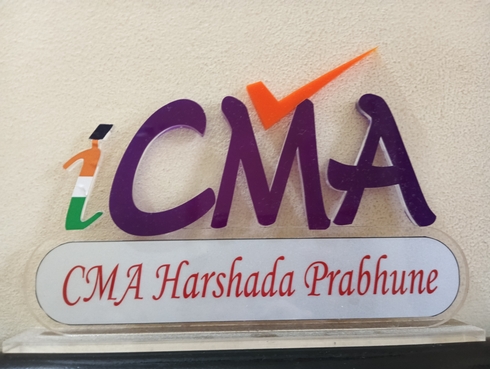Summary: The Securities and Exchange Board of India (SEBI) has granted Spice Healthcare an exemption from making an open offer to SpiceJet shareholders after acquiring additional shares. This acquisition occurred through the conversion of warrants, enabling Spice Healthcare, a promoter group entity, to increase its stake in SpiceJet by 13.74%, representing 13,14,08,514 equity shares. Typically, SEBI regulations mandate an open offer when such a significant share acquisition occurs. However, SEBI provided the exemption with the condition that the newly acquired shares remain locked in for 24 months, which is longer than the usual 18-month lock-in period. An open offer, as defined by SEBI, allows shareholders of a target company to sell their shares to the acquirer at a specific price, typically triggered when an entity gains control or acquires a substantial stake. SEBI regulations require an open offer if the acquirer’s stake exceeds 25% or if additional shares in excess of 5% are acquired by an entity already holding between 25% and the permissible non-public shareholding.
The Securities and Exchange Board of India (SEBI) has granted Spice Healthcare an exemption from making an open offer to SpiceJet shareholders. This exemption relates to Spice Healthcare’s acquisition of additional shares in SpiceJet through the conversion of warrants, the airline said in a filing to BSE.
Spice Healthcare, a promoter group entity, will acquire 13,14,08,514 additional equity shares of SpiceJet, increasing its stake by 13.74%. This would ordinarily trigger an open offer requirement under SEBI regulations.
However, SEBI’s exemption is granted on the condition that the newly acquired shares will be locked in for an extended period of 24 months, compared to the usual 18-month lock-in period.
Page Contents
What is open offer
According to the Securities and Exchange Board of India (SEBI), an open offer is made by a company that is acquiring shares to the shareholders of the target company, inviting them to sell their shares at a particular price.
An open offer is an offer made by the acquirer to the shareholders of the target company inviting them to tender their shares in the target company at a particular price. The primary purpose of an open offer is to provide an exit option to the shareholders of the target company on account of the change in control or substantial acquisition of shares, occurring in the target company.
Under which situations is an open offer required to be made by an acquirer?
If an acquirer has agreed to acquire or acquired control over a target company or shares or voting rights in a target company which would be in excess of the threshold limits, then the acquirer is required to make an open offer to shareholders of the target company.
- Acquisition of 25% or more shares or voting rights: An acquirer, who (along with PACs, if any) holds less than 25% shares or voting rights in a target company and agrees to acquire shares or acquires shares which along with his/ PAC’s existing shareholding would entitle him to exercise 25% or more shares or voting rights in a target company, will need to make an open offer before acquiring such additional shares.
- Acquisition of more than 5% shares or voting rights in a financial year: An acquirer who (along with PACs, if any) holds 25% or more but less than the maximum permissible non-public shareholding in a target company, can acquire additional shares in the target company as would entitle him to exercise more than 5% of the voting rights in any financial year ending March 31, only after making an open offer.
What is a voluntary open offer?
A voluntary open offer under Regulation 6, is an offer made by a person who himself or through Persons acting in concert ,if any, holds 25% or more shares or voting rights in the target company but less than the maximum permissible non-public shareholding limit.





